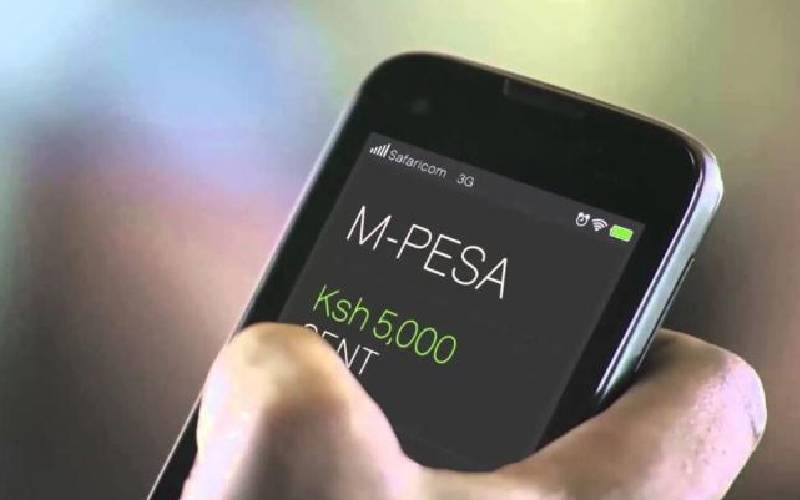×
The Standard e-Paper
Fearless, Trusted News

Revenues for KCB M-Pesa, the flagship lending product launched by Safaricom and KCB Group in 2014, have more than halved in the past three years on the back of competition from other mobile lending products.
Data from Safaricom's latest earnings report indicate that KCB M-Pesa reported Sh600 million in revenues from Sh42 billion in total loan disbursements made out in the year ended March 2023.







